Chronic conflicts and divisions over economic, security and ethnic issues are considered the reasons behind the military coup in Niger.
After carrying out a surprise coup in Niger on July 26, General Abdourahamane Tiani, the commander of the guard that overthrew President Mohamed Bazoum, said they had to act to avoid the "gradual and inevitable collapse" of the country.
General Tiani's camp says Mr Bazoum, who took power in 2021, has done nothing to stem rising unrest and Niger's stagnant, poverty-stricken economy .
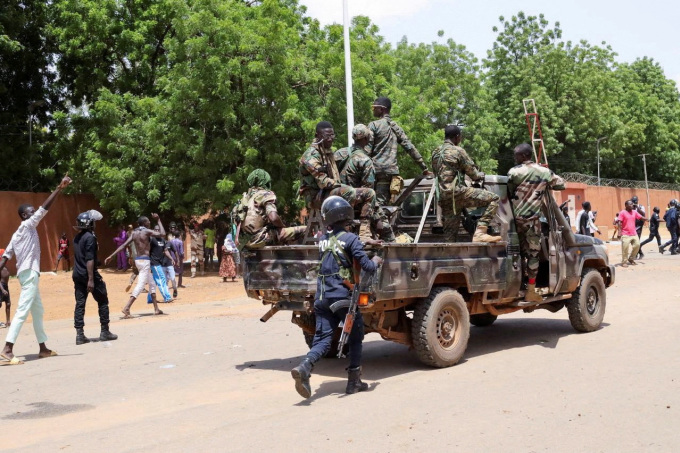
Niger security forces prepare to disperse protesters outside the French embassy in Niamey on July 30. Photo: Reuters
Olayinka Ajala, a political scientist specializing in Africa at Leeds Beckett University in the UK, also said that security instability and economic stagnation contributed to the coup.
Niger is one of the poorest countries in Africa's Sahel region, the area between the Sahara Desert in the north and the tropical savannah in the south, but is rich in mineral resources, particularly oil and uranium.
Since 2015, extremist Islamic groups from neighboring Mali have begun to expand their operations into Niger, turning the country into a hotbed of extremism, while the Niger government has had almost no effective measures to deal with it.
The Niger government has received considerable support from foreign forces, particularly from France and the United States, but has been unable to contain the insurgency. Several militant groups are active in Niger, including al-Qaeda, the self-proclaimed Islamic State (IS) and Boko Haram.
These rebel groups control large areas, frequently clash with government troops, and carry out attacks that have killed thousands of soldiers and civilians over the past decade.
Tiani was born in the Filingue region of southwestern Niger, which has seen bloody fighting for nearly eight years between government forces and rebels linked to al-Qaeda and IS, as well as extremists from neighboring Nigeria. This may be one of the reasons that fueled his frustration with the way President Bazoum's administration has dealt with the rebels.
Hundreds of young people gathered in the capital Niamey on July 26 to celebrate the military coup, chanting “Wagner.” This suggests that some in Niger believe the military, with the support of private military forces like Wagner, will do a better job than the government in counterinsurgency operations, according to Ajala.
In addition to security and economic issues, this expert believes there are three other factors that prompted the Niger military to carry out a coup.
First, the debate over President Bazoum’s ethnicity and legitimacy was a constant issue throughout the recent election. Mr. Bazoum is a member of Niger’s Arab minority and is widely believed to be of foreign origin.
This was not accepted by the military, which is dominated by Niger’s ethnic majority, even though Mr Bazoum received about 56% of the vote and belonged to the same party as former president Mahamadou Issoufou. Observers say military appointments are also made based on ethnic factors.
When Mr Bazoum was elected president in 2021, soldiers from a military base near the capital, Niamey, tried to seize the presidential palace just 48 hours before he was sworn in. General Tiani’s bodyguard unit then foiled the plan.
The next factor causing rift in Niger is the presence of foreign military forces in Niger, according to Ajala. This is not accepted by the Niger army because it believes that the presence of more foreign forces will weaken its role.
Niger is an important Western ally in the fight against rebel groups in the region. Large French investments in Niger's mining sector have also raised concerns.
In 2019, the US opened a drone base in Niger despite public opposition in the country. "A drone base could make Niger a target for terrorists and increase instability," said expert Ajala.
In 2022, France and its European allies withdrew their troops from Niger’s neighbor Mali. President Bazoum quickly invited them to deploy troops to Niger to bolster security. Niger’s military leadership and some influential figures in the country have denounced the effort to increase the foreign military presence in the African country.
"The final factor that fueled the coup in Niger was the failure of regional organizations like ECOWAS and the African Union (AU) to take a tough stance on the repeated coups in the region. That prompted the Nigerien military to act," Ajala said.
In the past four years, the Sahel has seen seven coups, three of which were successful, with the military seizing power in Guinea, Burkina Faso and Mali. ECOWAS and AU leaders have threatened sanctions on the three countries, but have done little to prevent further coups in the region.
At a roundtable hosted by London-based Chatham House on the impact of military interventions in West Africa, an ECOWAS leader said they maintained communication channels with the three military governments as a "courtesy".
“However, this creates the impression that ECOWAS does not provide a strong enough deterrent to any military force that is looking to take over the country’s leadership,” Mr. Ajala said.
This is also the reason why Mali and Burkina Faso were quick to declare that they were ready to declare war if ECOWAS intervened militarily in Niger. Any large-scale conflict could plunge the Sahel region into a devastating war that would devastate this already impoverished land.
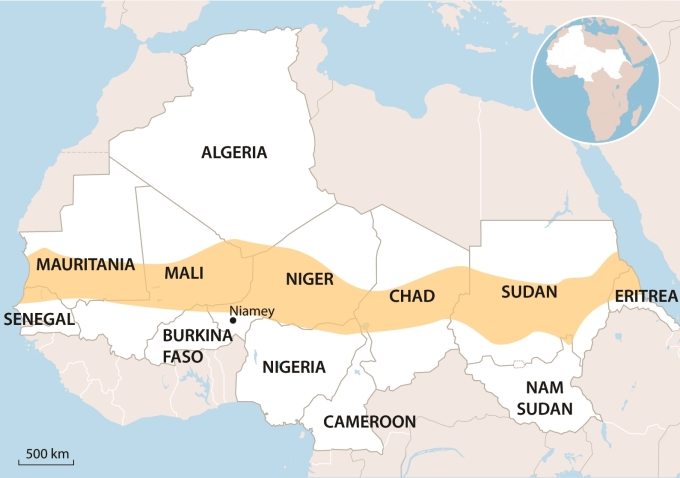
Location of Niger and the Sahel region. Graphic: AFP
The Niger military coup has drawn strong criticism from the international community, including the US, AU and ECOWAS.
"The ECOWAS leadership will not accept any action that impedes the functioning of legitimate government in Niger or any country in West Africa," said Bola Tinubu, President of Nigeria and ECOWAS chairman. "We will do everything in our power to ensure that democracy is nurtured and thrives in our region."
Mr Tinubu also sent Benin President Patrice Talon to the capital Niger to negotiate a solution to the situation. However, the Niger army has so far shown no signs that they will give in and hand over power to Mr Bazoum.
Thanh Tam (According to The Conversation, Al Jazeera )
Source link



![[Photo] Binh Trieu 1 Bridge has been completed, raised by 1.1m, and will open to traffic at the end of November.](https://vphoto.vietnam.vn/thumb/1200x675/vietnam/resource/IMAGE/2025/10/2/a6549e2a3b5848a1ba76a1ded6141fae)




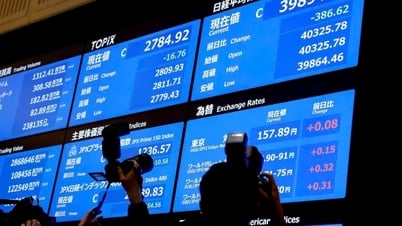



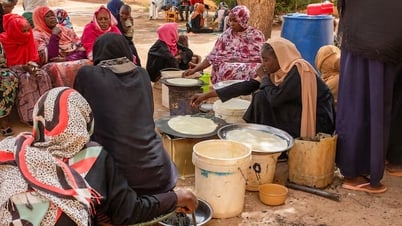
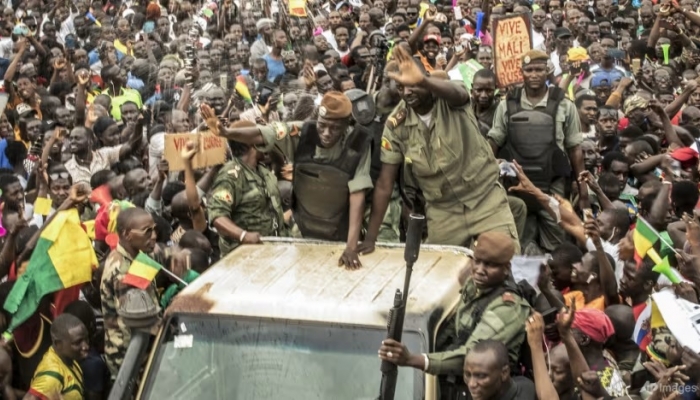
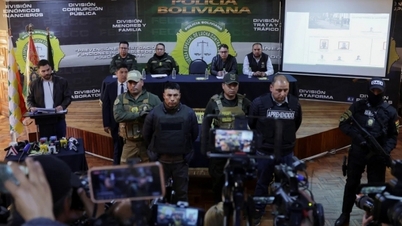



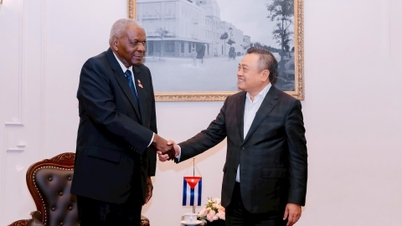

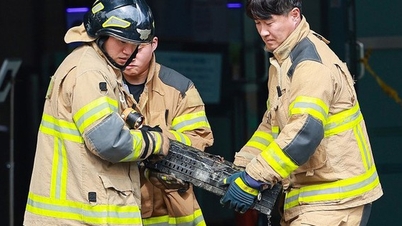

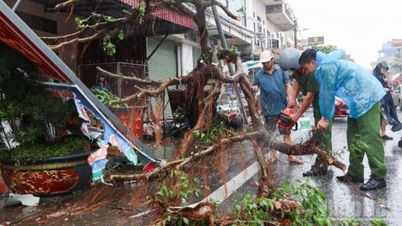

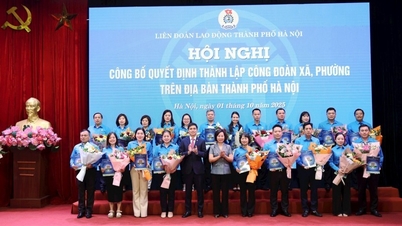










































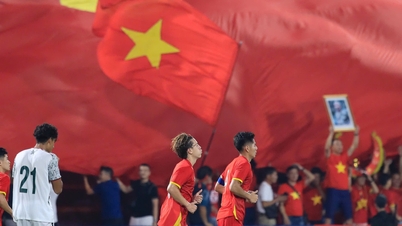



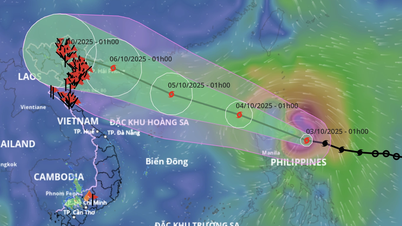















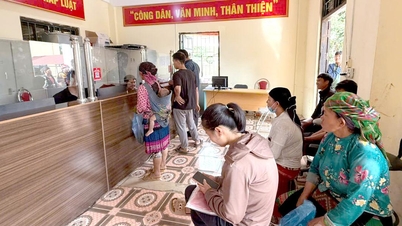
















Comment (0)